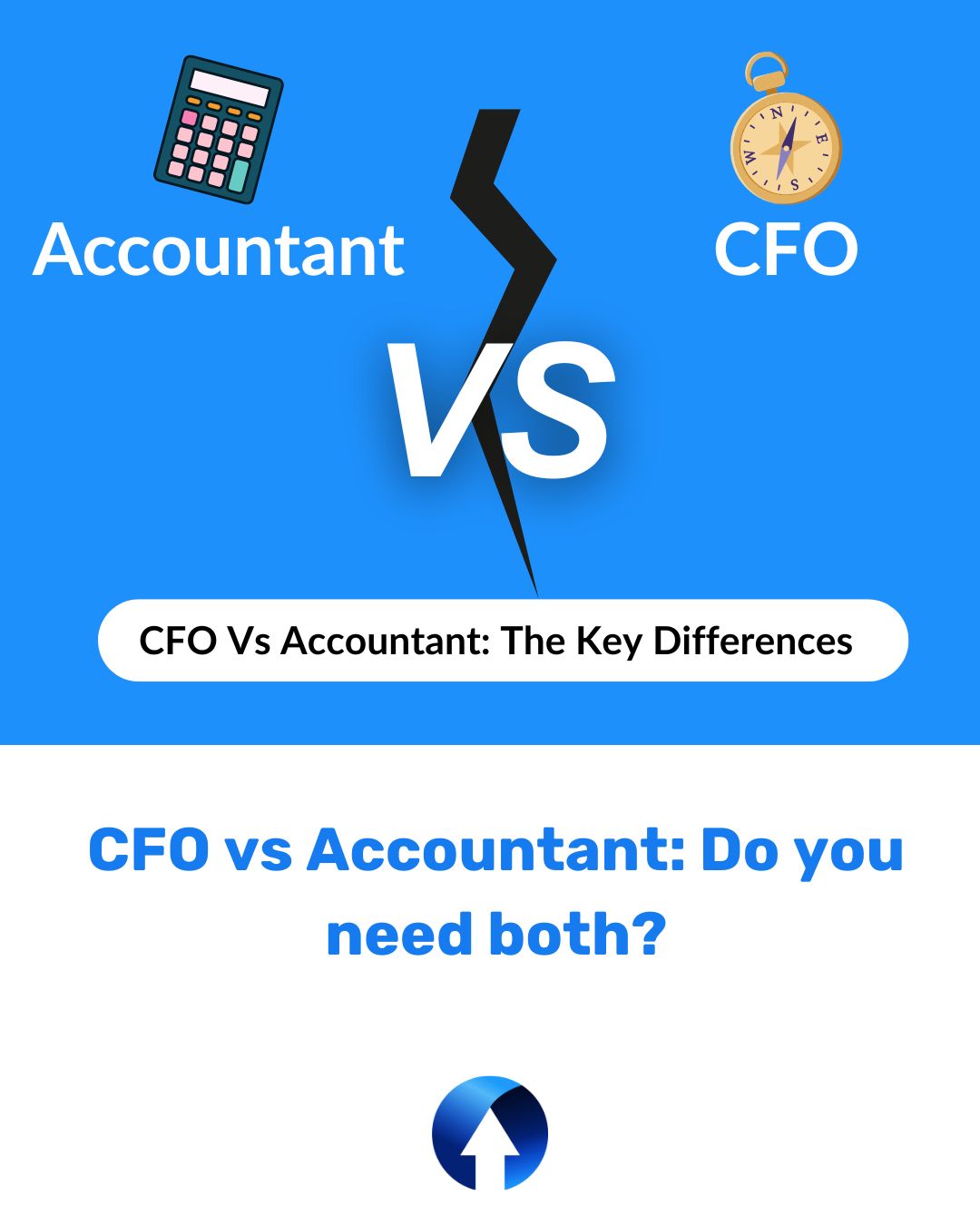Many business owners are familiar with the need for a profit and loss account and balance sheet reporting. However, fewer may understand the value of creating a management reporting framework that encompasses wider key performance indicators and multifunctional outputs. Management reporting is vital for monitoring the health of the business, understanding variances to plan and making key strategic decisions. Without accurate and timely management reporting, a business owner is operating on assumptions and guesswork, leading to poor conclusions and potentially expense mistakes.
Join Our Next 30-Minute Lunch Time Free Online Webinar!
Learn practical cash management strategies to keep your business financially strong.
Effective management reporting framework
The value of effective management reporting is often diminished by inaccurate information. It can be difficult to provide timely information if it is held in disparate source systems that require significant effort to collate. Reporting must address the real information needs of management to be impactful.
Beyond the profit and loss account and balance sheet, there is a wealth of invaluable information for business owners and managers. An effective management reporting framework would include KPI reporting, cash flow, sales and inventory reporting to name a few.
What is management reporting?
The aim of management reporting is to:
- Regularly monitor specific performance metrics and KPIs
- Understand the status and progress of a business objective
- Determine next steps on the journey to achieving goals
- Ensure better communication between stakeholders, colleagues, and managers
Different types of management reporting
Whilst many reports have a financial angle, some of them might include multifunctional KPIs from a range of business areas such as marketing, customer experience, logistics, quality control, output and so on.
- Financial reports could include cash flow for at least the next three months, P&L, balance sheet.
- Sales/customer reports – these must be sufficiently detailed to show which service or product lines, geographies and other relevant demographics are driving sales and where more effort is required to reach targets. Reports should identify gaps in the pipeline, conversion rates, bestsellers, most effective sales teams, pricing strategies and so on.
- Inventory reports – businesses need to know how much money is tied up in raw materials, work-in-progress and finished goods to ensure efficient use of company resources. This reporting could also identify issues with stock availability, sourcing concerns, warehousing costs and risks in the end-to-end supply chain.
- Project reports – project reporting might include charts tracking activity level progress against the project plan, resourcing options, constraints and project costs against budget.
- HR and personnel reports – this could include headcount tracking against resourcing plans, absence management, staff recruitment and retention and productivity.
- Compliance reports – this could include regulatory and manufacturing compliance, health & safety and HR.
- Variance analysis – detailed variance analysis reports enable you to identify which service or product lines are profitable, where defects or errors occur and where productivity can be improved. Reporting of actuals against budgets and forecasts can highlight potential risks as well as opportunities.
- Forecast reports – financial forecasts are necessary to identify potential issues. All areas of the business should be involved in the forecasting process.
- Board reports and executive summaries – highlighting key company objectives, tracking against the planned timeline and focusing on the most important success measures. This could be achieve using 3 to 5 key traffic light measures
- Process/systems reporting – a detailed review of your business processes and systems can identify inefficiencies and highlight opportunities to eliminate waste using automation and continuous improvement.
- Internal audit reports – internal checks enable businesses to identify and fix problems early before they become larger issues.
What are the benefits of having a clearly defined management reports?
A clearly defined management reporting framework can enhance your decision making, improve company performance and maximise profitability. Using a suite of tailored reporting, specifically designed for your company gives you all the information you need to make the right decisions at the right time.
How can Logical BI support you?
Logical BI offers a bespoke set of management reporting for small and medium sized companies and has many years’ experience working with coaches, trainers, agencies, distributors, manufacturers, engineers and software businesses.
Your business, whether product or service, can benefit from a deeper understanding of your activities, to help you mitigate risks, spot opportunities early and deliver on your targets. Logical BI can provide outsourced management reporting support or can work with your finance teams in a consultative capacity to help you create the optimal management reporting framework for your company. Call 01772 287400 or email hello@logicalbi.com to find out how we can help your business achieve more.
Why not connect with Logical BI on LinkedIn
You may also be interested in:
Ready to take your business to the next level?
Implementing a robust management reporting framework can unlock valuable insights and drive smarter decision-making. Contact us today to explore how we can tailor a solution that ensures your business stays on track for success.
Email: Hello@LogicalBI.com or Call: 01772 287400
Join Our Next 30-Minute Lunch Time Free Online Webinar!
Learn practical cash management strategies to keep your business financially strong.
You may be interested in our previous blog: How to Analyse Your Business’ Financial Position – Logical BI
Let’s connect on LinkedIn: https://www.linkedin.com/in/pauline-healey/



